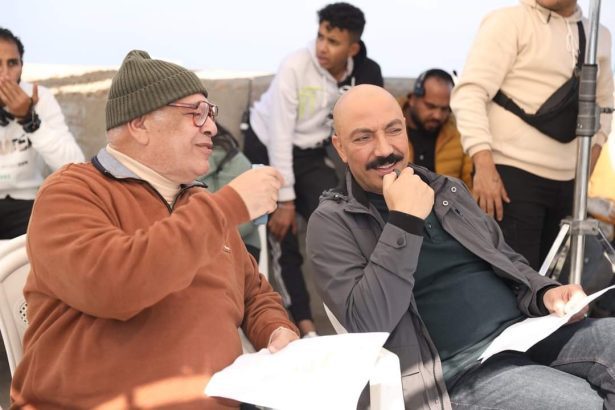Tarek Lotfy: Unshaken by controversy, continues to success in artistic endeavours – Dailynewsegypt
Egyptian actor Tarek Lotfy continues to ascend in his artistic journey, leaving a memorable mark on audiences with his distinctive work. With a discerning eye for quality, he handpicks his roles, recently finding himself amidst a whirlwind of controversy. Yet, this has not deterred him; instead, he forges ahead, crafting impactful performances. Among his acclaimed series are “Baad El Bedaya,” “Chahadat Milad,” “Bein Alameen,” “El Qahera: Kabul,” “Jazeerat Ghamam,” and the latest, “El Atawla.” Our recent conversation with Lotfy shed light on his celebrated role in the “El Atawla” series, which captivated viewers during the previous Ramadan.
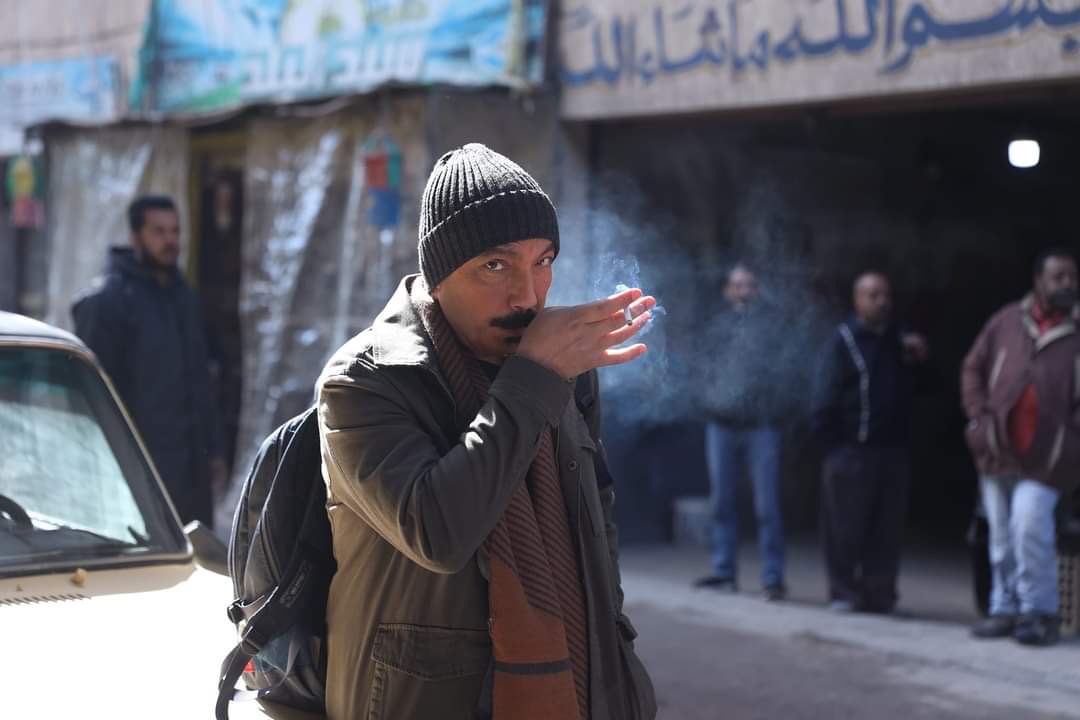

How did you see the audience’s reaction to the “El Atawla” series?
I’m grateful for the overwhelming praise from viewers in Egypt and across many Arab countries. It’s truly rewarding when your efforts resonate with the audience and they appreciate your on-screen performance.
How do you feel about the success and the acclaim from both the public and critics for your role?
Success is incredibly fulfilling, and I cherish it as one of life’s greatest joys. It brings a sense of pride and elation. I’m deeply thankful to the audience and critics for their generous appreciation of my work.
Some say that the character of Khedr is the embodiment of evil in the series. Do you agree?
Khedr isn’t inherently evil; he’s a product of a flawed upbringing and an environment that condoned lawlessness, inherited from his father. Alongside his brother Nassar, portrayed by the talented Ahmed El Sakka, they delve into organized crime to serve the wealthy.
Was taking on the role in “El Atawla” a risky move?
It wasn’t a risk but a fresh challenge, as the theme had been unexplored by me before. The producer, Sadiq Al-Sabah, has a keen artistic vision, and I value our rapport and the dynamic ensemble cast, including Ahmed Al-Sakka, Basem Samra, Zeina, Salah Abdullah, May Kassab, and promising new talents. The project was also appealing because of director Ahmed Khaled Moussa’s unique vision and commitment to quality.
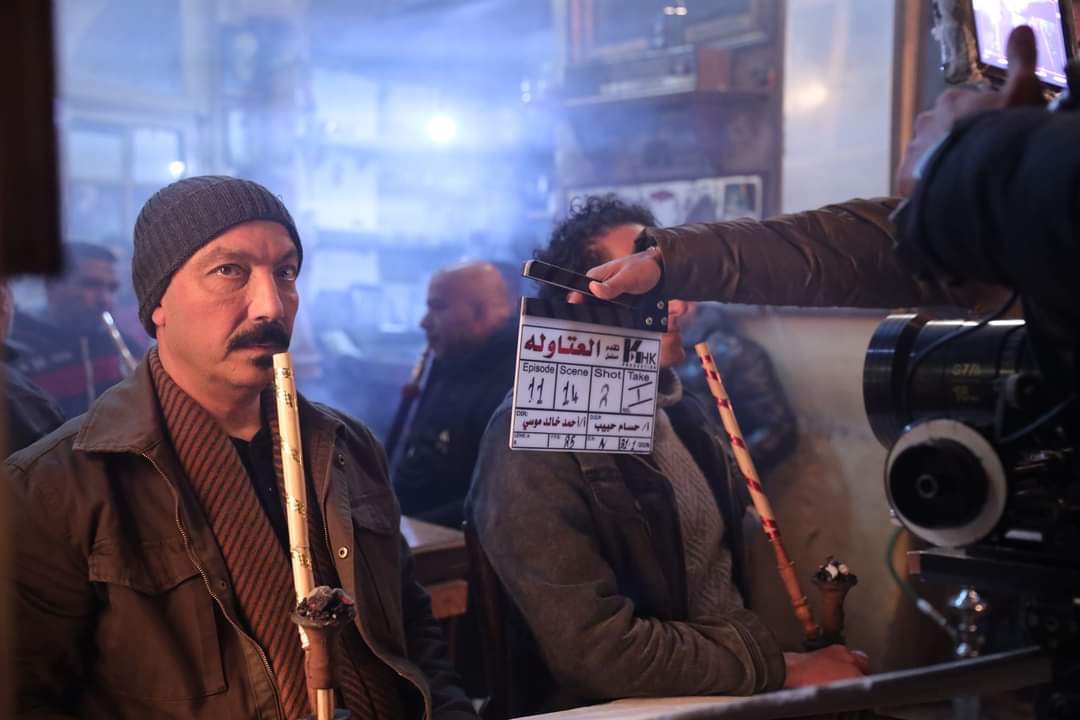

How did you prepare for the character of Khedr?
I paid close attention to his demeanour, gait, and gestures. I reflected on whether I’ve encountered similar characters in real life. Ultimately, director Ahmed Khaled Moussa and I concurred on Khedr’s look, combining his insistence on a moustache with my choice for a shaved head to shape the character authentically.
What was it like to sing in the series?
Director Ahmed Khaled Moussa initiated the singing venture. Initially, it was just a song within the storyline, but it evolved into a promotional track. Singing was a novel experience for me, and I’m thankful it was well-received by the audience.
“El Atawla” marks your third collaboration with Ahmed El-Sakka. Can you tell us about this experience?
Indeed, our first project was the 1998 film “Saeidi Fil Gameaa Al Amerikeya,” followed by the 2006 film “Ean aleashq walhuaa”. Now, in 2024, we reunite for the “El Atawla” series. I’m grateful for the series’ success and the deep friendship with Ahmed El Sakka, one of the kindest individuals I’ve had the pleasure of working with. “El Atawla” brought us together after many years, and I believe the joy we shared during filming translated well on screen.
Which scenes were the most challenging for you to work on?
“El Atawla” delves into popular social drama, a genre I hadn’t explored before. My love for adventure and innovation drew me to this series, though it was physically demanding. The most challenging scene was my sister’s wedding, which took three days to shoot. It was a scene of many layers, with dancing, singing, and action sequences. A mishap led to a gunshot firing near my ear, causing temporary hearing difficulties.
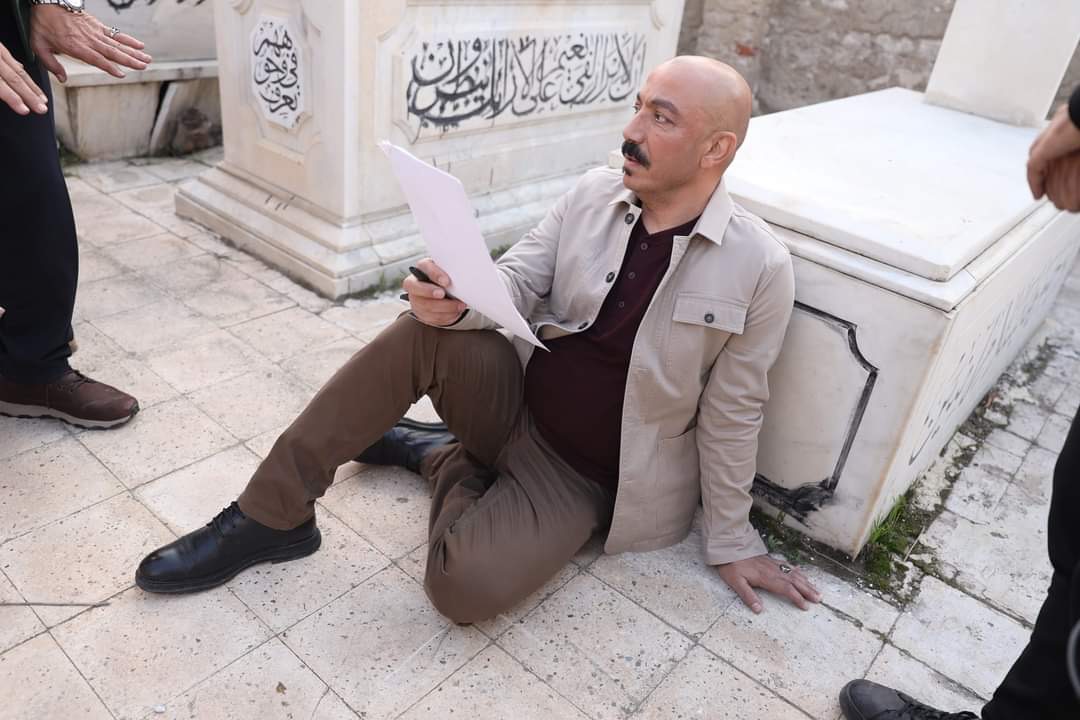

Do you deliberately seek out diverse roles in your career?
Absolutely. I strive to immerse myself in varied roles that offer a sense of surprise and novelty. I’ve found that embracing roles that stand out and challenge expectations is key to success. This intentional diversity has been a significant discovery in my artistic journey.
You’ve been excelling in villainous roles lately. What draws you to these characters?
As an actor, I’m passionate about my craft, which I see as a divine gift. I’m committed to honing this gift through continuous training and study. Portraying villains allows me to explore the character from various angles. The role of “Kheder” is layered with complexity; he’s not just a criminal but also a victim of his circumstances, shaped by a troubled past.
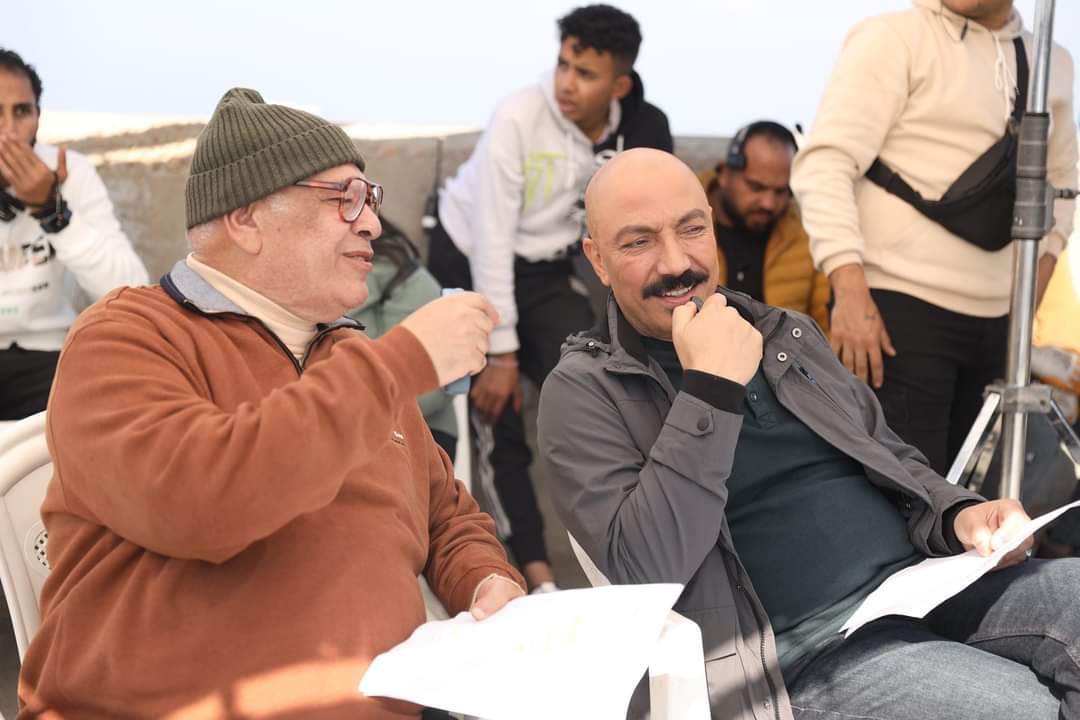

How challenging was it to film the action scenes in Lebanon for “El Atawla”?
Working with director Ahmed Khaled Moussa, known for his meticulousness, made the process smoother. His team’s expertise in set design helped recreate an authentic Egyptian setting in Lebanon, which was crucial for the series’ atmosphere.
Do you have any upcoming projects or new ventures?
Currently, my focus is solely on the “El Atawla” series. I’m not engaged in any new contracts at the moment.
Did you get a chance to watch another series during Ramadan? Any performances you admired?
Honestly, I respect the hard work of all my peers. This season witnessed a plethora of quality productions and talented artists. We celebrate each other’s successes and learn from any setbacks. Every artist strives to deliver their best work.





